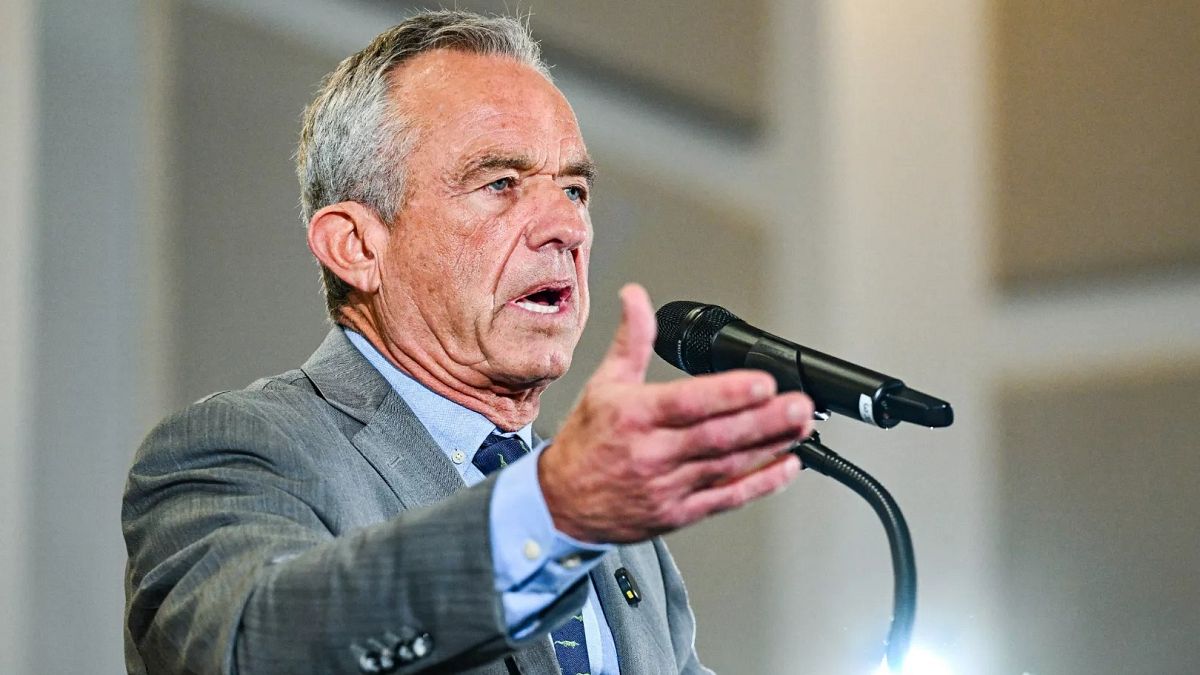

In a world where evolving health practices and reassuring scientific discoveries shape the way we approach well-being, recent developments have cast a hopeful light on two fronts: the fast-tracking of psychedelic therapies in the United States and a reaffirming study about vaccine safety from Denmark. These initiatives not only aim to enhance public health approaches but also endeavor to dispel prevalent myths, creating a clearing for progress and understanding.
The U.S. government’s recent push towards integrating psychedelic therapies into mainstream mental health treatment marks a significant shift in policy. Under the guidance of U.S. health secretary Robert F. Kennedy Jr., there is a goal to approve psychedelic therapies within a year. This move has caught the attention of both skeptics and advocates in the field, prompting discussions on the potential impacts on mental health care. Notably, this initiative reflects a growing recognition of the possible therapeutic benefits of psychedelics for conditions like PTSD and depression. By accelerating the regulatory process, the United States seeks to provide innovative treatment options that could revolutionize mental wellness, though it remains crucial to ensure the integration of these therapies is rooted in rigorous scientific evidence and safeguards to prevent misuse.
Parallelly, a major study emerging from Denmark has provided further clarity on a different, yet equally significant health issue: the safety of childhood vaccines. This comprehensive research reaffirms that routine immunizations, a cornerstone of public health, do not increase the risk of autism, a belief that stubbornly persists despite substantial scientific evidence to the contrary. The Danish study adds to a robust body of research aimed at dispelling fears and misinformation that have led to vaccine hesitancy. By providing clear, evidence-based conclusions, this study hopes to reinforce trust in vaccines among parents and caretakers, ultimately safeguarding public health. The reassurance from such studies underscores the importance of basing health decisions on scientifically verified information.
As we navigate these developments, the transitions in both psychedelic therapy regulations and the validated safety of vaccines highlight an essential dialogue between innovation and evidence. They invite us to consider how emerging treatments, coupled with time-tested interventions, can coexist within a framework that respects both scientific integrity and the public’s needs. Building an informed, open conversation around these topics is vital as we strive towards a more responsive and understanding approach to health care, free from the shadows of misinformation and doubt. These strides forward symbolize not just potential advances in treatment options but also the fostering of an environment where thoughtful discourse and critical examination pave the way for holistic health improvement.
Source: {link}
